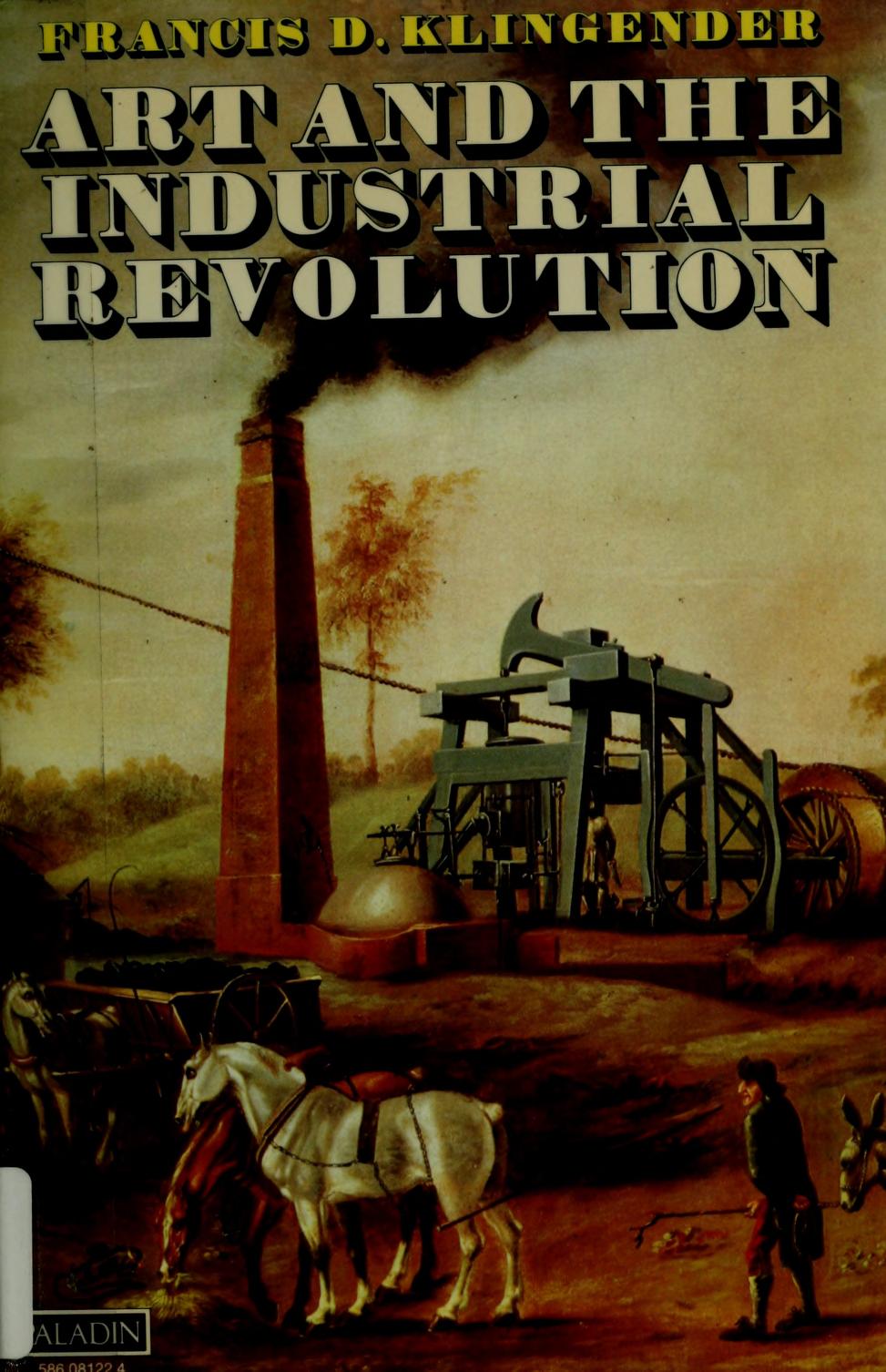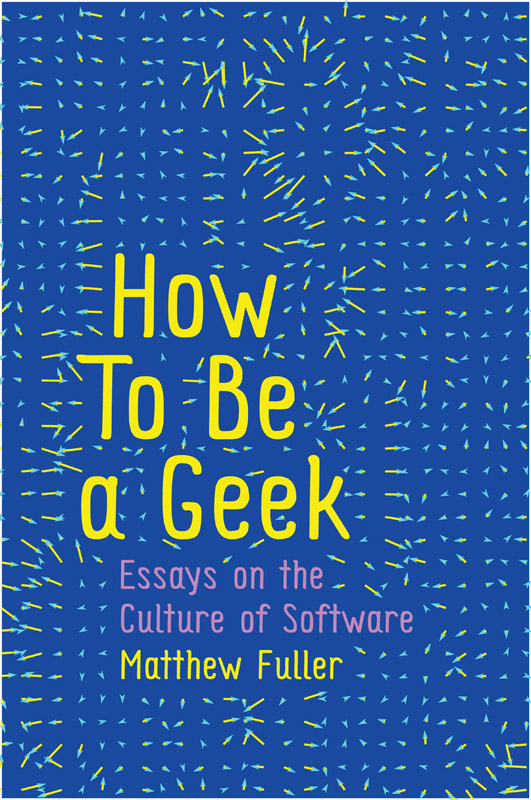Francis D. Klingender: Art and the Industrial Revolution (1947–) [EN, IT, ES]
Filed under book | Tags: · 1800s, aesthetics, art history, history of literature, history of technology, industrial revolution, industry, labour, marxism, poetry, technology

A classic of Marxist art history.
“Drawing on his unique command of the contemporary visual and literary record, Francis Klingender analyzes and documents the inter-reaction between the sociological, scientific and cultural changes that moulded the 19th century. His subjects range from the development of the railways to the poetry of Erasmus Darwin, from the construction of bridges and aqueducts to the aesthetic concepts of the Sublime and the Pictoresque, from the Luddite riots and the English ‘navvy’ to those artists most profoundly affected by the climate of the Industrial Revolution, among them John Martin, Joseph Wright of Derby, J.C. Bourne, and J.M.W. Turner.” (from back cover)
Publisher N. Carrington, London, 1947
Edited and revised by Arthur Elton
Revised and expanded edition by Adams & Dart, 1968
Publisher Paladin, St Albans, 1972
ISBN 0586081224, 9780586081228
xv+272 pages
Review: Fred H. Andrews (J Royal Society of Arts, 1949).
Art and the Industrial Revolution (English, 1947/1968, 60 MB, no OCR)
Arte e rivoluzione industriale (Italian, trans. Elena Einaudi, 1972)
Arte y revolución industrial (Spanish, trans. Pilar Salso, 1983)
Matthew Fuller: How To Be a Geek: Essays on the Culture of Software (2017)
Filed under book | Tags: · aesthetics, algorithm, computation, computing, database, information, language, media, media theory, networks, programming, software, software studies, theory

“Computer software and its structures, devices and processes are woven into our everyday life. Their significance is not just technical: the algorithms, programming languages, abstractions and metadata that millions of people rely on every day have far-reaching implications for the way we understand the underlying dynamics of contemporary societies.
In this innovative new book, software studies theorist Matthew Fuller examines how the introduction and expansion of computational systems into areas ranging from urban planning and state surveillance to games and voting systems are transforming our understanding of politics, culture and aesthetics in the twenty-first century. Combining historical insight and a deep understanding of the technology powering modern software systems with a powerful critical perspective, this book opens up new ways of understanding the fundamental infrastructures of contemporary life, economies, entertainment and warfare.
In so doing Fuller shows that everyone must learn ‘how to be a geek’, as the seemingly opaque processes and structures of modern computer and software technology have a significance that no-one can afford to ignore. This powerful and engaging book will be of interest to everyone interested in a critical understanding of the political and cultural ramifications of digital media and computing in the modern world.”
Publisher Polity, 2017
ISBN 9781509517152, 1509517154
x+233 pages
Antiuniversity of London: Antihistory Tabloid (2012)
Filed under brochure | Tags: · aesthetics, anti-psychiatry, art, education, politics

“The Antiuniversity of London appears in many ways as a massive failure when looked at superficially. But whether it was a terminal failure or actually an experiment that did not succeed at its specific point in history depends on how you approach this historic anti-institution.” (from the Introduction)
Compiled and edited by Jakob Jakobsen
Publisher MayDay Rooms, London, 2012
ISBN 9781906496852
63 pages

